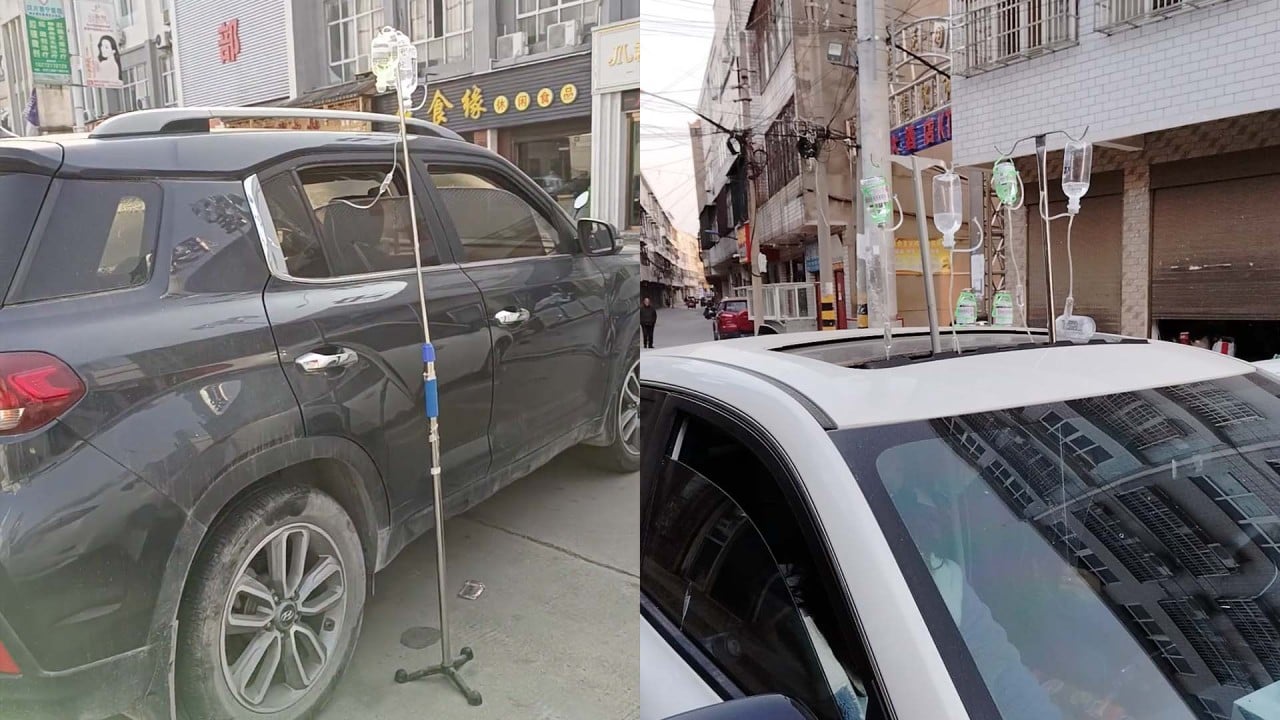
China’s Covid spike not due to lifting of restrictions, WHO director says
- Coronavirus infections were already exploding before Beijing’s shift on its strict zero-Covid policy, emergencies director Mike Ryan said
- WHO chief Tedros Adhanom Ghebreyesus said at the same briefing he was hopeful the pandemic will no longer be considered a global emergency some time next year
Covid-19 infections were exploding in China well before the government’s decision to abandon its strict zero-Covid policy, a World Health Organization director said on Wednesday, quashing suggestions that the sudden reversal caused a spike in cases.
The comments by the WHO’s emergencies director Mike Ryan came as he warned of the need to ramp up vaccinations in the world’s No 2 economy.
Speaking at a briefing with media, he said the virus was spreading “intensively” in the nation long before the lifting of restrictions.
“There’s a narrative at the moment that China lifted the restrictions and all of a sudden the disease is out of control,” he said.
“The disease was spreading intensively because, I believe, the control measures in themselves were not stopping the disease. And I believe China decided strategically that was not the best option any more.”
The challenge for China in getting the virus under control is ensuring an adequate number of people are vaccinated, he said.
Ryan said the Omicron variant of the virus, which was first detected around a year ago, meant China-style restrictions were not as useful as they had been against previous strains circulating when vaccination coverage was low.
“The super-transmissibility of Omicron really took away the opportunity for using public health and social measures aimed at full containment of the virus,” he told a press conference with the UN correspondents’ association.
China stops counting asymptomatic cases amid move to living with Covid
Ryan said such measures had been primarily used to protect health systems while vaccination levels increased, but now their usefulness had changed.
“There is data from places like Hong Kong that show that the inactivated Chinese vaccines, with the addition of a third dose, performed very, very well. But it did require that third dose to show that effect,” he said.
And he stressed: “The increased intensity of transmission was occurring long before there was any change in the policy.”
The elation in China that met the changes in policy allowing people to live with the virus has quickly faded amid mounting concerns about surging infections because the population lacks “herd immunity” and has low vaccination rates among the elderly.
WHO’s senior epidemiologist Maria Van Kerkhove said the UN agency was providing technical advice to China and Ryan said there were open channels.
Earlier on Wednesday, WHO chief Tedros Adhanom Ghebreyesus said he was “hopeful” that the pandemic, which has killed more than 6.6 million people since it emerged in Wuhan, China three years ago, will no longer be considered a global emergency some time next year.
The “public health emergency of international concern” (PHEIC) designation is intended to trigger a coordinated international response and could unlock funding to collaborate on sharing vaccines and treatments.
“It’s a very hard thing to say three years into a pandemic that there are still significant gaps,” said Ryan, noting that many countries have dismantled their testing and surveillance strategies which are critical for tracing the virus.
“We have to be really careful,” he said.
Additional reporting by Agence France-Presse



